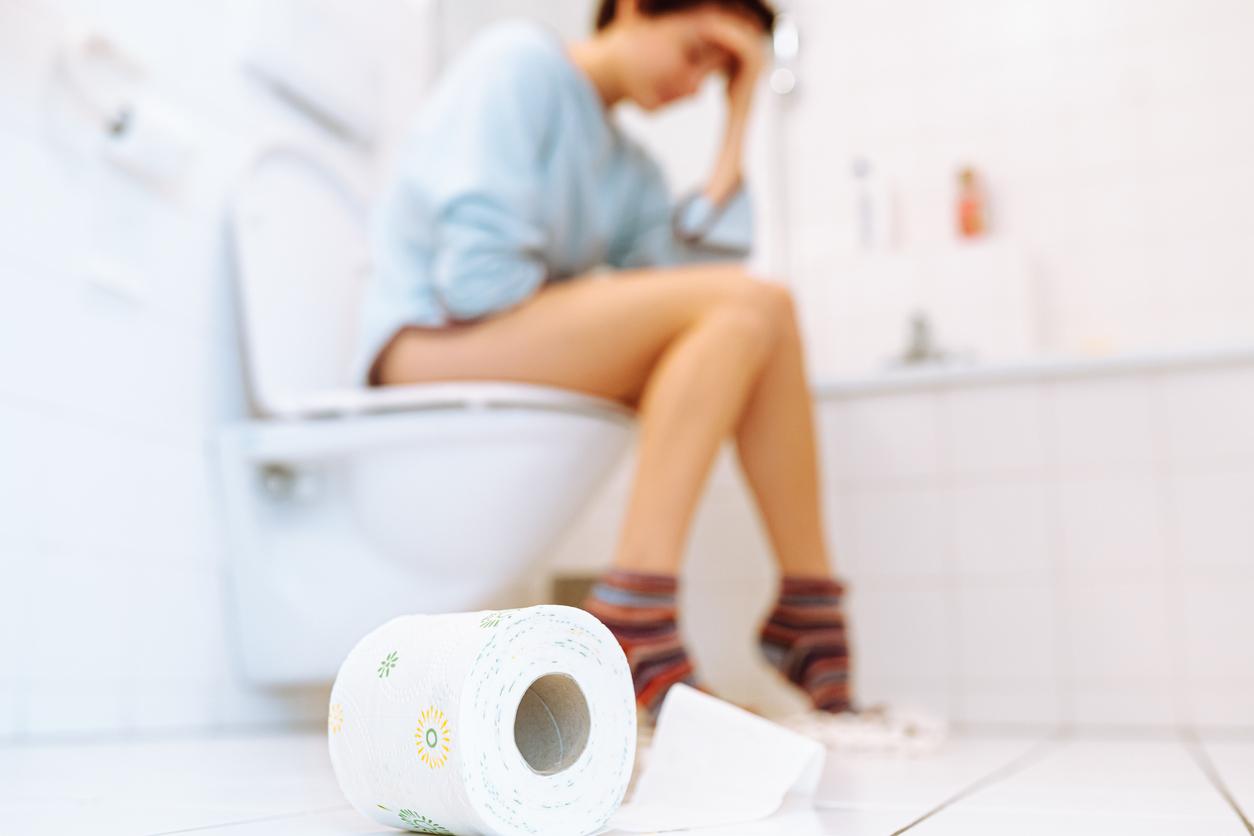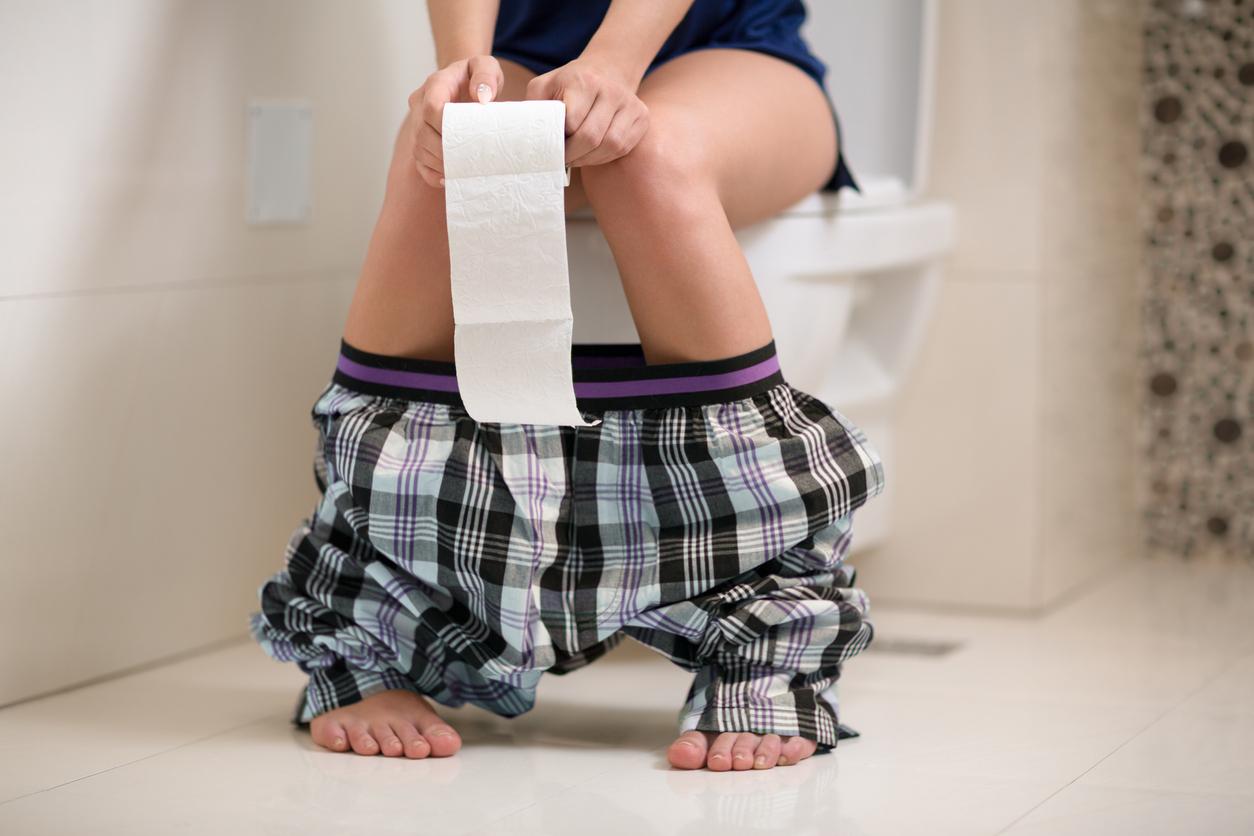The Federal Consumers Union has found that a large number of endocrine disruptors found in preservatives, antibacterials, sunscreens and emollients are present in beauty and hygiene products.
Endocrine disruptors are considered by the World Health Organization (WHO) and the United Nations Environment Program (UNEP) as a health hazard, in particular on fertility or neurobehavioural disorders.
Concentrations still too high
UFC-What to Choose measurements reveal that a consumer brand toothpaste contains a content of triclosan that may affect the thyroid, that a well-known brand shower gel also camouflages a high dose of propylparaben.
The harmful effect of these molecules is multiplied because they are frequently found in the majority of beauty products, toothpaste, deodorant, etc. Consumers therefore overconsume toxic substances on a daily basis without knowing it. Triclosan is present in toothpaste, deodorant, and propylparaben is found in 9 families of cosmetic and hygiene products (4) (1 deodorant, 1 shampoo, 1 toothpaste, 1 mouthwash, 2 shower gels, 6 milks body, 3 sunscreens, 3 lipsticks, 4 foundations, 4 face creams…).
A mixture not recommended
According to UFC-Que Choisir, the effects of these molecules (parabens and OMC sun filters) add up. The risks therefore increase quite sharply as soon as we consume products such as body milks or sunscreens which sometimes combine several different molecules.
If for a majority of substances, the risk seems under control, it is on the other hand difficult to pronounce on the longer term. While the European Commission receives contradictory signals on the strengthening of the regulatory framework, the UFC-Que Choisir wants the European Commission: ” diligently, under the supervision of the CSSC, independent research on the impact of these molecules on the long term, and in application of the precautionary principle, to strengthen without further delay the regulatory framework by taking into account the cocktail effect of these molecules in the evaluation of the toxicity of products; requires professionals to carry out complete labeling on the real composition of their products, and to remove from their formulations molecules having proven or suspected endocrine disrupting effects, in order to reduce the total quantities to which consumers are exposed. »Source UFC-Que Choisir.
















